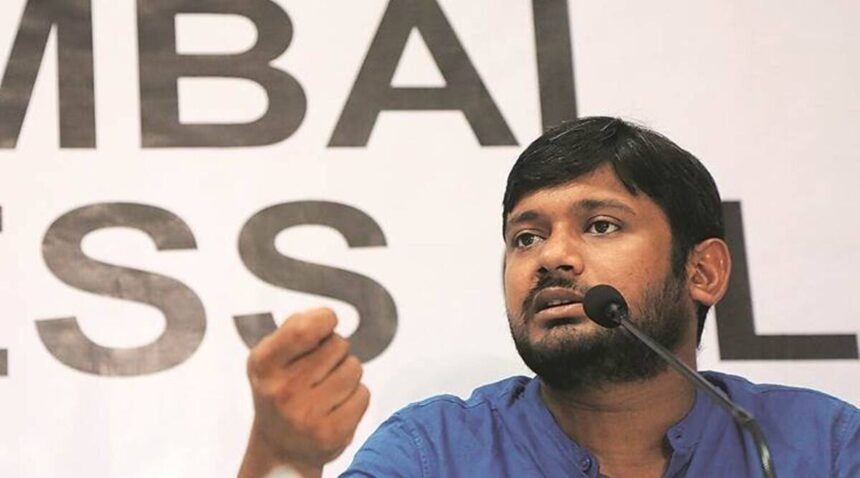In a recent development, the Bharatiya Janata Party (BJP) has voiced its criticism of the Indian National Congress (INC) for appointing Kanhaiya Kumar as the All India Congress Committee (AICC) in-charge of its students’ wing, the National Students’ Union of India (NSUI). The BJP alleges that Kumar, a young leader, has been associated with ideologies that work against the integrity of the country.
Ashish Sood, a prominent BJP leader and former Delhi University Students’ Union (DUSU) president, spearheaded the criticism against the Congress. He was joined by several other party members, all of whom had previously served as DUSU office bearers. The BJP leaders accused the Congress of attempting to misguide and mislead the youth community through Kumar’s appointment.
During a press conference, Sood made assertions about Kumar’s associations with individuals who have allegedly raised slogans against India’s integrity and supported Kashmiri separatists. Sood further claimed that Kumar had cast aspersions on the actions of the Indian Army in Kashmir.
The appointment of Kanhaiya Kumar, who gained prominence during the 2016 JNU sedition controversy, has sparked a fresh wave of political debate. Kumar, a former president of the Jawaharlal Nehru University Students’ Union (JNUSU), was charged with sedition for allegedly participating in an event where anti-national slogans were raised. Subsequently, Kumar emerged as a prominent figure in student politics, capturing attention and polarizing public opinion.
The BJP’s criticism of the Congress’s decision to appoint Kumar as the AICC in-charge of NSUI stems from concerns over his ideological affiliations. The BJP argues that Kumar’s past associations raise doubts about his commitment to the country’s unity and integrity.
On the other hand, supporters of Kumar and the Congress contend that his appointment reflects the party’s inclusivity and commitment to nurturing young leaders. They assert that Kumar’s experience in student politics and his ability to connect with the youth make him a suitable candidate for the role.
As the political discourse unfolds, it remains to be seen how the Congress will respond to the BJP’s criticism and whether Kanhaiya Kumar’s appointment will have any impact on the youth community’s perception of the NSUI and the Congress party as a whole.
The Bharatiya Janata Party has criticized the Congress for appointing Kanhaiya Kumar as the AICC in-charge of NSUI, citing concerns about his alleged associations with ideologies working against the country’s integrity. The BJP has accused the Congress of misleading the youth community through this appointment. Meanwhile, supporters of Kumar and the Congress argue that his appointment reflects the party’s inclusivity and focus on nurturing young leaders. The ongoing debate highlights the ideological divisions and political dynamics surrounding the appointment of Kanhaiya Kumar.




